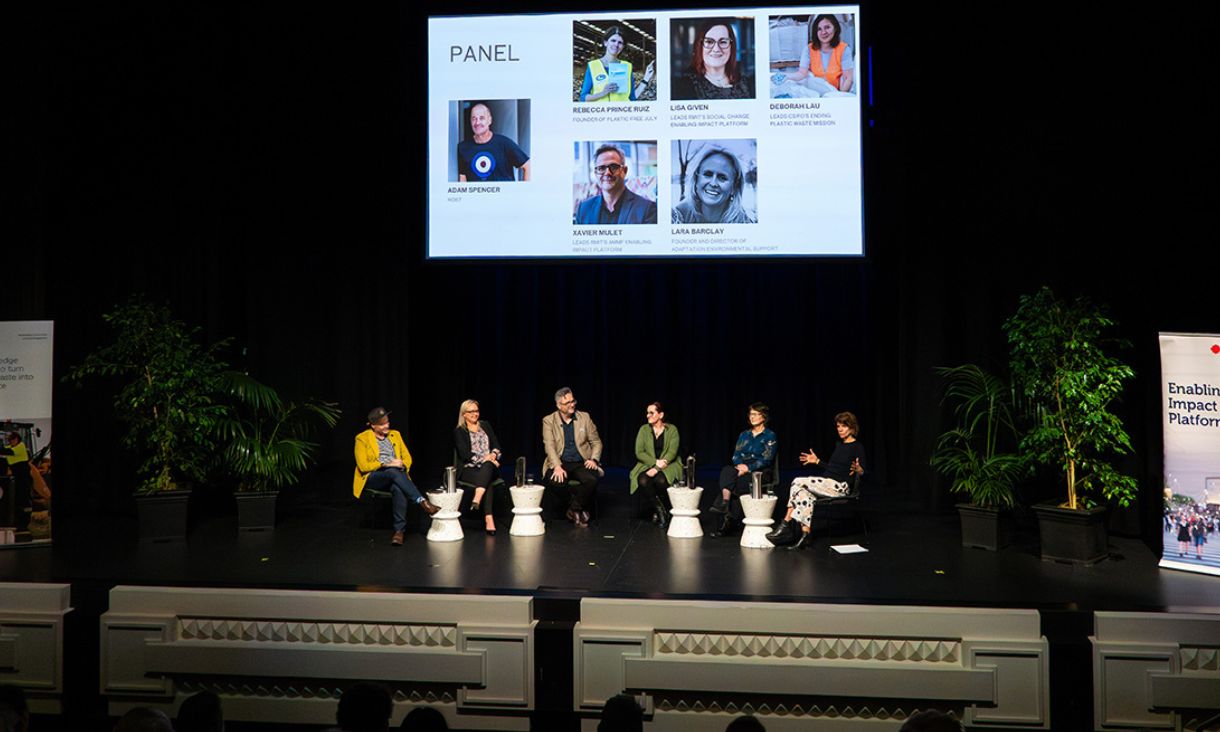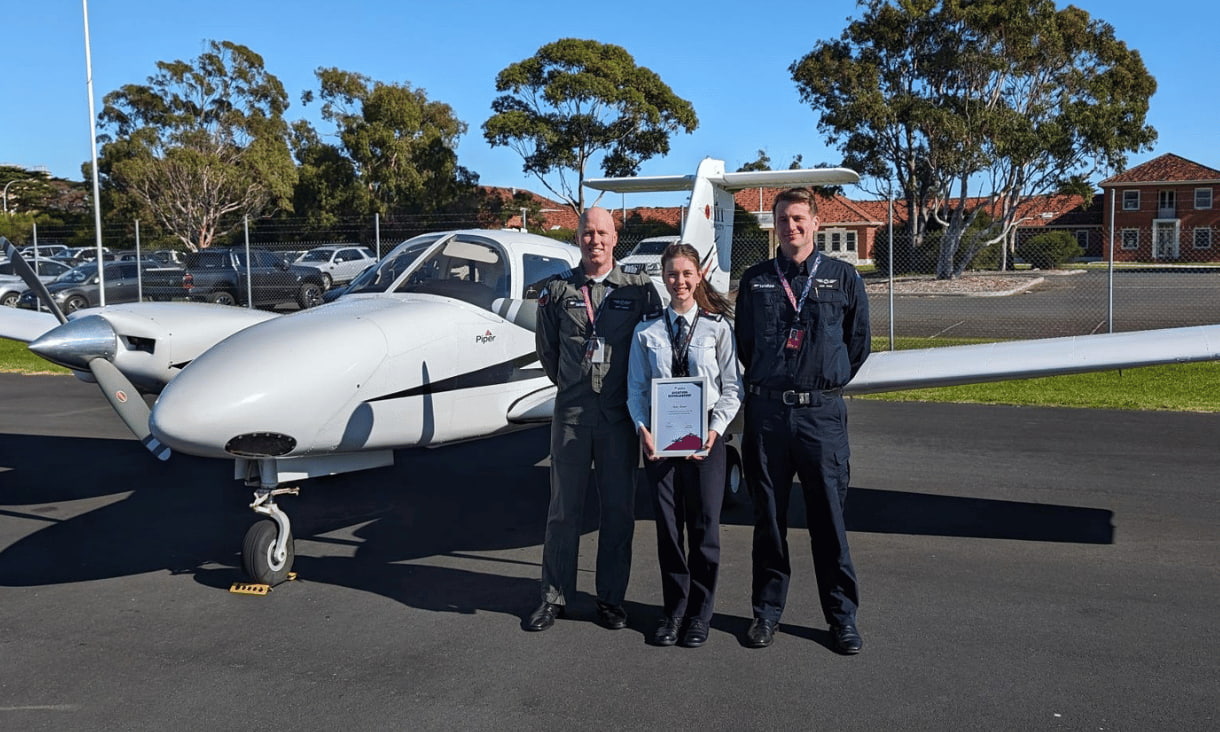Australia requires an additional 7000 practitioners in the cyber security sector alone by 2024, according to AustCyber. Given the growing awareness about the gains of diversity for organisational performance, decision-making and responsiveness to real world challenges, the lack of skills and diversity in the cyber security sector also implies that the sector is not operating as optimally as it could.
“Current available estimates suggest that women comprise somewhere between 11% and 24% of the cybersecurity workforce, there is no robust measure of the gender composition of Australia’s security industry, or a clear picture of the types of jobs that women are undertaking and the skills they possess.” said the Director of the RMIT Centre for Cyber Security Research & Innovation, Professor Matt Warren.
“This study will aim to give a more robust and definitive estimate of the gender diversity within the security workforce.” he said
Executive Director of the AWSN, Jacqui Loustau, said the study will allow AWSN to assess the impact of its initiatives.
“By having a baseline and a clearer picture of the actual number of women working in the security industry, it will allow us to measure the success of initiatives to attract, support and retain women in the industry,” she said.
The AWSN’s involvement in the study has been facilitated through sponsorship support by the Australian Signals Directorate, one of Australia’s peak national security agencies.
RMIT Economist and research team member, Dr Leonora Risse added that the research project would also provide “a deeper understanding of the barriers and enablers to women’s careers in the security sector.”
“The insights generated by the research project will be valuable for expanding the sector’s talent pool and equipping it for the growing challenges and demands it faces in the future,” she said.
“While existing research suggest general ways to expand the sector’s talent pool, there is little focus on gender inequalities and the factors that explain women’s low representation in the sector,” Risse added.
“This project provides insights to better understand the factors that can either support or deter women from pursuing, and flourishing in, a career in the security sector.”
Professor Warren encouraged all members of the security workforce, including physical security, personnel security, information security, cyber security, and security governance, and across all genders, to complete the survey.
Further information and a link to the survey can be found at: https://www.rmit.edu.au/news/ccsri/understanding-gender-dimensions-project-survey
For more information about the study, contact: Laki Kondylas, laki.kondylas@rmit.edu.au or 0466 421 933.
General media enquiries: RMIT Communications: 0439 704 077 or news@rmit.edu.au




